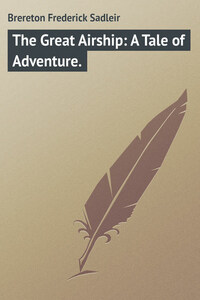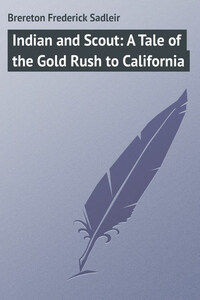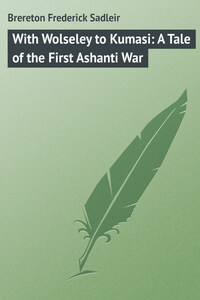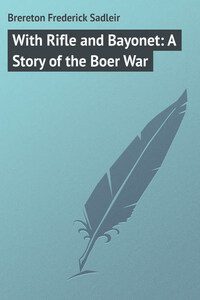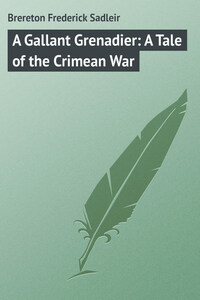CHAPTER I
The Fame of the Zeppelin
There are exceptions, we suppose, to almost every rule, and this particular Friday towards the end of June was such an exception. It was fine. Not a cloud flecked the sun-lit sky. A glorious blue expanse hung over a sea almost as blue, but criss-crossed in all directions by the curling white tops of tiny wavelets, all that remained to remind one of the atrocious weather which had prevailed. For the North Sea, Europe, Great Britain, everywhere in fact, had been treated to a succession of violent gales, to a continuous deluge of rain, to bitter hail, and squalls of snow in some parts. And here and now, off the mouth of the river Elbe the sun shone, the sky was a delight, a balmy breeze fanned the cheeks of the passengers crowding the decks of the Hamburg-Amerika liner.
"What a change! I began to wonder whether there was such a season as summer. Have a cigar?"
Mr. Andrew Provost drew from an inner pocket of his jacket a silver-mounted case, pulled the lid off and offered one of the contents to his nephew.
"Not that one, Joe," he said, as the young man beside him placed his long fingers on one of the weeds. "It's Dutch. Not that they're not good smokes; I like 'em sometimes. But give me a Havana, and offer one to your friends. There! That one! You'll like it."
"Thanks! I know 'em, Uncle. You always give me your best."
There was a smile on the handsome face of the young man as he obeyed the directions of his Uncle Andrew. It was obvious indeed from their smiles, the manner in which they paced the deck arm in arm, and from the intimacy of their conversation, that the two were on the best of terms. And why not? They were related, as we have stated. Then they had for long been separated. Mr. Andrew Provost had not always been the comfortable-looking individual he now appeared. For prosperous and comfortable he looked without a doubt. Florid and sunburned, with white hair and moustache which made his complexion seem to be even more ruddy, he was tall, and slight, and gracefully if not robustly built. There was something of a military air about him, and we whisper the truth when we say that he was often enough taken for an old soldier, much to his own secret gratification. Dark grey eyes looked out genially from a smiling face upon the world and his fellows. His forehead was hardly seamed. Care, in fact, seemed to have failed in its effort to reach him, or, more likely perhaps, his genial, plucky nature had caused it to fall easily from his shoulders. For the rest he was exceedingly well groomed, and looked what he was, a prosperous, healthy gentleman.
"But it wasn't always like that, Joe," he told his companion, as they paced the deck, basking in the sun. "Your Uncle Andrew wasn't always the stylish dog he looks now. Not by a long way. I've been on my beam ends."
"Ah! Exactly."
"Know what that means?"
"To a certain extent. When you came home last Christmas I was down in the dumps. Absolutely on my beam ends."
Andrew Provost turned to look with some astonishment at his nephew. He inspected him critically from the top of his glossy Homburg hat to the well-polished brown shoes which he wore. And the face finally drew all his attention.
"Impossible!" he declared politely. "Joe on his beam ends! Joe in the dumps – never!"
"True as possible, sir – I was desperate," repeated Joe, his face grave for that moment.
"Well, well, perhaps so. I'm forgetting. I was young like you when I was down. Young fellows make light of such matters. It's as well, perhaps, or the world wouldn't go along half so easily. But I'd never have thought it, Joe. You never said a word to me; you look so jolly."
No one would have denied the fact. Joe Gresson looked what he was, a handsome, jovial fellow of twenty-seven. Fair and tall, and broader than his uncle, he had deep-set eyes which gave to his smiling face an air of cleverness. And the young fellow was undoubtedly clever. An engineer by profession, he had graduated at Cambridge, had passed through the shops, the drawing office, and other departments of one of the biggest engineering concerns in England, and had finally struck out a line for himself. He had been experimenting for the past four years.
"What's the good of being miserable because things don't go right, Uncle?" he said with a smile. "I've told you how I took up engineering. Well, I thought I had a good idea. I left the shops at Barrow and worked on my own. Thanks to the few thousands I possessed I was able to carry out some important experiments."
"Ah, my boy! Well, you succeeded?"
"Yes and no; I went so far with the work that I was sure that success was possible. Then there was an accident. The whole affair was wrecked, and I woke up to find myself without funds and in a terrible condition of despair."
"On your beam ends, in fact – well, like me," said Mr. Andrew. "I'll tell you about myself; then you'll give your yarn. I'll have to hear what this work was. But my tale don't take long. Let's step up and down again and I'll give it to you. Let's see – yes, I was a fiery, unmanageable young idiot."
